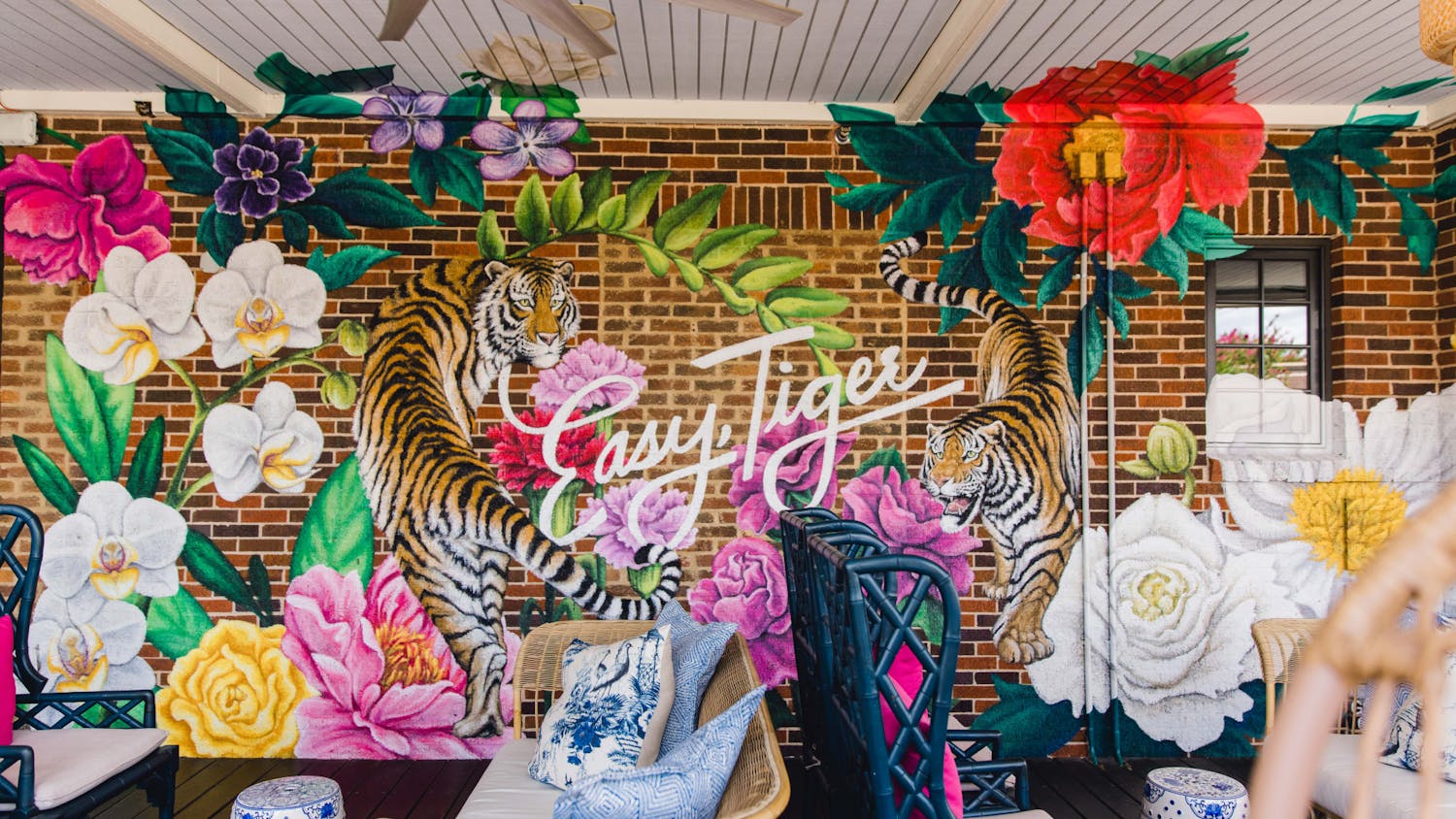For more than 50 years, the U.S and Cuba maintained a policy of isolation and economic sanctions.
In 2015 President Barack Obama announced the U.S. would work to restore diplomatic relations with Cuba. Soon after, Auburn University jumped at the opportunity to collaborate with Cuban universities.
University Outreach and other departments such as agriculture and human sciences have been working for the past year to organize educational tours of Cuba and to discover possible partnerships.
“Shortly after the announcement was made that the travel ban would be lifted to go to Cuba, Dr. Gogue asked if Auburn University could be at the forefront of the opportunity, at the very least, to go and explore Cuba,” said Chippewa Thomas, director of faculty engagement.
The first faculty trip was in February 2015, and the group met with the director of the University of Havana. Four visits have taken place since that time.
Royrickers Cook, assistant vice president for university outreach, said numerous Cuban-American faculty have encouraged an educational partnership between Auburn University and universities in Cuba over the years.
“Geographically we are so close to Cuba,” Cook said. “After so many years, it’s good for us to explore change and to forge a more cooperative relationship.”
Thomas said the potential for collaboration is “wide open.”
“Obviously the embargo is still in place,” Thomas said. “But at the same time, we could have exchange programs or study abroad. The College of Human Sciences is interested, and the College of Agriculture has a significant standing with agrarian professionals in Cuba to work and collaborate with those professionals.”
Many of the buildings and businesses in Cuba haven’t changed in 50 years because of preservation and maintenance. Thomas believes this provides an excellent learning opportunity for the building sciences department.
“People say it’s like being frozen in time,” Thomas said. “The amount of restorative work that Cuban buildings have is an architect or building science major’s dream. However, there are buildings that are in bad need of repair, some wonderful homes once occupied by the aristocracy.”
The College of Agriculture has been building a relationship with Cuba for a few decades. However, the recent leadership changes in Cuba provided an opportunity to develop a closer, cooperative relationship in research.
Henry Fadamiro, assistant dean and director of global programs in the College of Agriculture, said because the climate of Auburn and Cuba are so similar, it makes sense to develop a symbiotic relationship.
“During the Cold War, Cuba lost access to agricultural inputs like petroleum, chemical fertilizers, pesticides, et cetera, so they had to develop an indigenous way of farming that revolves around agroecology,” Fadamiro said. “It’s very similar to organic agriculture or sustainable agriculture. So in that sense we have a lot to learn from them because they have mastered the production of crops using agroecology principles. On the other hand, because they import a lot of food, we can help them in training them how to produce crops using conventional practices.”
The College of Agriculture signed agreements last year with Cuban institutions such as Agrarian University of Havana and Centro Nacional de Sanidad Agropecuaria.
Thomas hopes that along with agriculture, other areas of study will be possible.
“With the establishment of MOUs [Memorandums of Understanding] educational opportunities not just for study abroad but for faculty research, community engagement, et cetera will take place,” Thomas said. “The challenge now is facilitating the opportunity for our faculty to meet faculty in Cuba.”
The University of Cienfuegos and Santa Clara University have already started building a relationship with Auburn. Carlos Treto, international lecturer who once served as a foreign service officer for Cuba, was invited to give a guest lecture Nov. 16 hosted by the Office of International Programs.
Thomas said collaborations such as this provide cultural learning opportunities for the Auburn community.
“There are a lot of misconceptions floating around in American society,” Thomas said. “But for people to be able to go out and learn and experience the country for themselves is a learning experience in and of itself.”
Thomas and Cook encourage anyone wishing to visit Cuba to contact AU Outreach to Cuba. For those wishing to pursue agrarian studies in Cuba, contact the College of Agriculture.
Do you like this story? The Plainsman doesn't accept money from tuition or student fees, and we don't charge a subscription fee. But you can donate to support The Plainsman.




